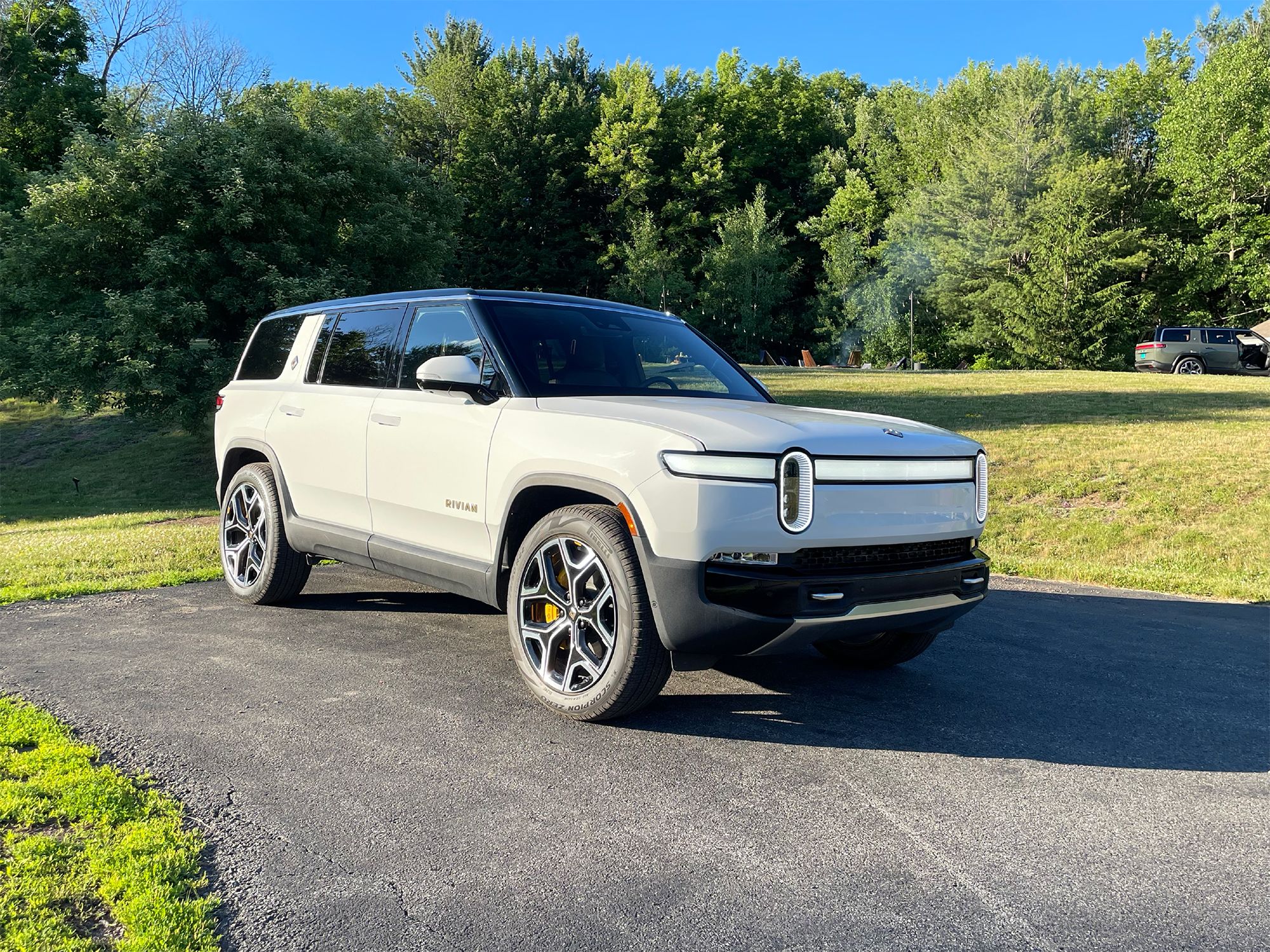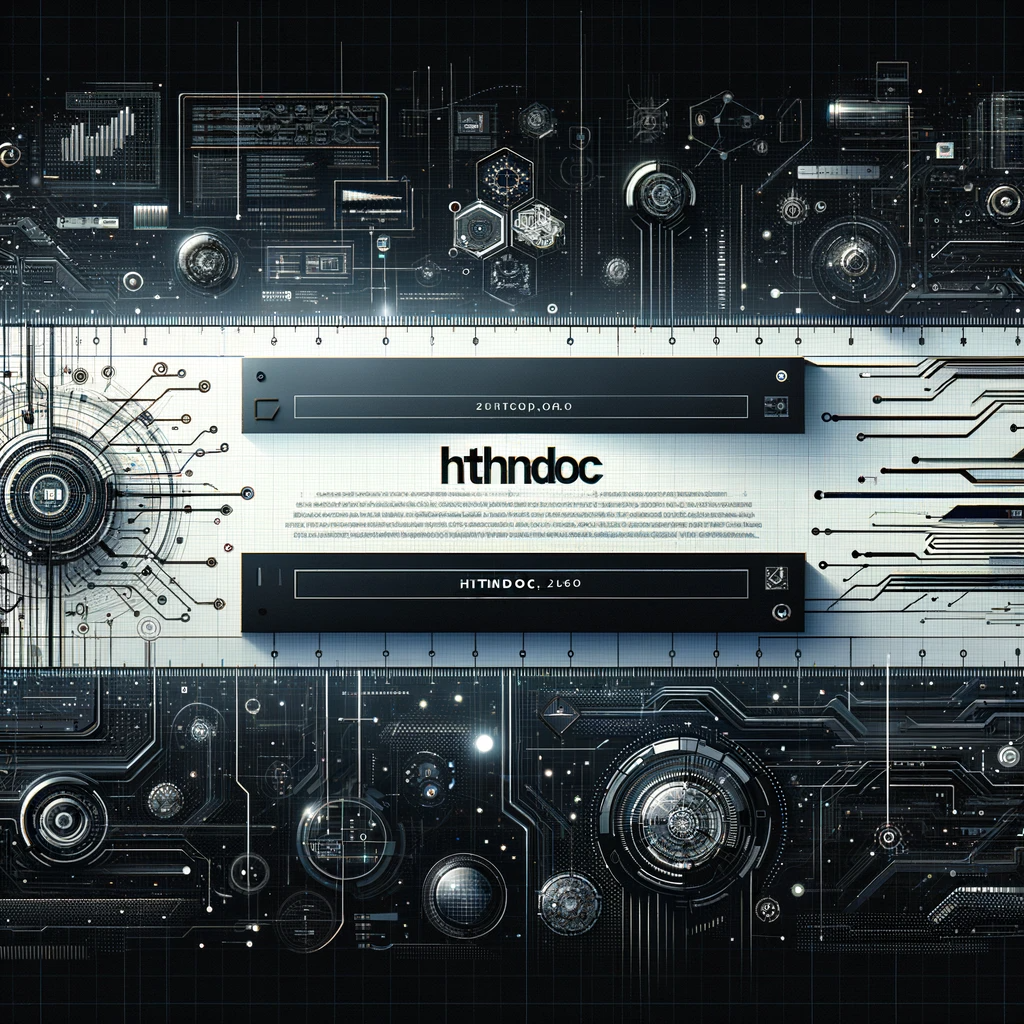Rivian aims to reduce the carbon footprint of its next-generation electric vehicles.
Rivian has released its first environmental and social impact report, pledging to build a new generation of electric vehicles (EVs) with an even lower carbon footprint than its current generation. The company aims to launch a product by 2030 "with half the carbon footprint of the 2022 R1 vehicles," which include the R1T pickup and R1S SUV.
To achieve this goal, Rivian plans to increase the percentage of recycled materials used in its vehicles. This includes using at least 70% recycled content in steel and aluminum parts and at least 40% recycled and bio-based content in polymer materials by 2030.
Rivian also intends to significantly increase the use of renewable energy. The company states that its Normal, Illinois factory will operate on 100% renewable energy by 2030, as well as all its other facilities. Rivian's charging network, consisting of 64 stations and 385 charging points nationwide, also runs on renewable energy.
The company uses virtual power purchase agreements among other tactics to achieve its environmental goals. It commits to funding renewable energy projects like an 800-megawatt solar field built on a former coal mine in Kentucky and another solar project in Paris, Tennessee.
In its impact report, Rivian claims it will "support" the creation of 2 gigawatts of renewable energy projects as part of its goal to decarbonize all customer charging operations. According to Rivian, this amount of energy will be enough to cover 7 billion miles of driving.
Rivian has been at the forefront of the EV and climate change debate, criticizing its competitors for being "off-track" in reducing greenhouse gas emissions in a way that can meet the goals set by the Paris Agreement. The company drafted a report with Polestar, stating that EVs alone would not be enough to limit global temperature rise. The automotive industry should play a stronger role in increasing renewable energy in the electric grids and reducing greenhouse gas emissions throughout the supply chain.
Despite these noble goals, the company is still struggling to establish itself as a serious contender in the automotive industry. While its trucks and SUVs are well-reviewed and popular among customers, their higher price makes them inaccessible to many potential buyers at a time when mass EV adoption appears to be slowing down. Rivian delivered fewer vehicles in the fourth quarter of 2023 compared to the previous quarter, leading to a recent drop in its stock price.





